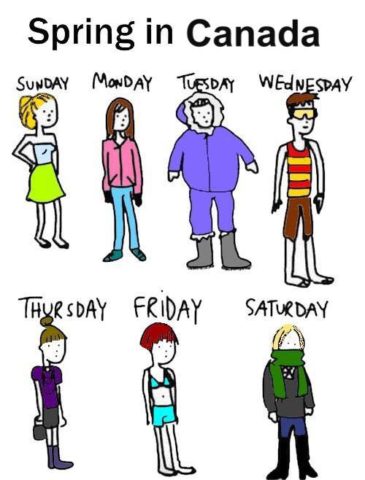It’s been nearly five years since a red rescue helicopter came to the aid of Regina resident Carrie Derin, who was impaled by a log during an ATV excursion in Moose Mountain Provincial Park.
Derin was one of the Shock Trauma Air Rescue Service’s (STARS) first patients in Saskatchewan. Since then, the STARS team has carried out more than 4,000 missions across the province.
Monday, on the service’s fifth anniversary of operating in Saskatchewan, the provincial government announced $10.5 million in funding for the 2017-2018 year.
An additional $10 million will come over the next five years through funding agreements with the province’s five Crown corporations, who will each provide $2 million.
Rural and Remote Health Minister Greg Ottenbreit said the service has become an essential part of making health care accessible to the province’s more remote regions.
“The geography of Saskatchewan is part of what makes us who we are, but it comes with its own set of challenges,” Ottenbreit said.
“STARS ensures that people facing traumatic injury in a rural or remote location have access to emergency health care.”
The province provides roughly half of STARS’ $21 million budget. Last November, funding from the province was slashed by $500,000, causing the air rescue service to postpone certain upgrades to medical equipment.
Monday’s announcement restores the provincial side of funding back to its full amount.
“We are proud to have become an integral part of Saskatchewan’s health care system in the last five years, working alongside our local partners in the chain of survival,” STARS president and CEO Andrea Robertson said.
“When seconds count, STARS is honoured to give those in need a second chance.”
STARS — originally called Lions Air Ambulance Service — was established in Alberta in 1985.
In the 2015-16 fiscal year, STARS flew 1,041 missions in Saskatchewan.




